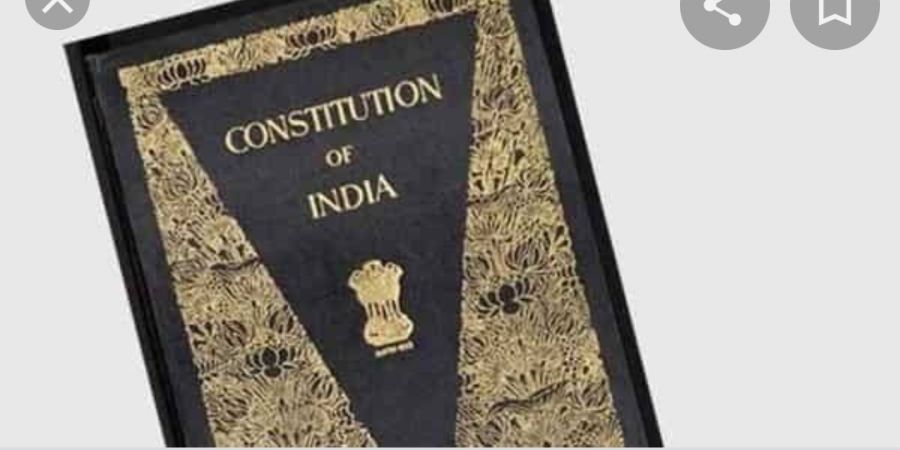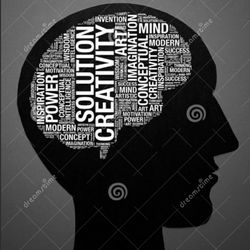

Right means the authority given to a citizen. It may be a natural right also like right to live, right to protection to life. It may be legally acceptable right also like right to equality, right to education at etc. for the development of individual and the country some freedom and rights are inevitable. Hence,our constitution has given some fundamental rights to its citizens.
Meaning of fundamental rights-fundamental rights are the basic rights given to an individual by the constitution for his development. They are the constitutional rights for stop fundamental rights are important for social life. no one can violate the rights. Fundamental rights are protected by the judiciary.
Types of fundamental rights:
the constitution of India as prominently provided six fundamental rights to all its citizens,
Right to equality - all are equal before the law; nobody is above the law semicolon and all deserve equal protection are the aspects included in right to equality. The government cannot discriminate on the basis of religion, caste, sector, gender or place of birth. It cannot restrict entry to shop, hotel or recreational places to any of its citizen. It cannot even restrict anyone from using the public Wells, tank, road and resting places. All citizens have the equal opportunity to enter the government service. It cannot forget anyone from entering the holy places and offer prayers.
Right to freedom-the right to freedom is given in the constitution it provides the following to everyone
Rightagainst exploitation-the objective of this right is to prevent exploitation of poor women children and weaker sections of the society. In order to restrict exploitation in the name of religion caste gender and sector the state and Central government servant forced many laws. For example if an taking dowry is a punishable offence. Even the practice of bonded labour is prohibited. Employing children in certain industries such as be making mining and cracker manufacturing have been banned. The children are expected to get education till the age of 14 years.
right to freedom of religion-the citizens of India have the right to accept and follow the religion of their own choice. Everyone has the right to observe the religious practices without disturbing peace discipline and hygiene in the mind. The constitution also prohibits religious conversion by force or by falsehoods.
cultural and educational rights-this fundamental right protects the cultural and educational interests of the minorities. People have right to protect their own language and culture the minorities have the right to establish educational institutions and manage them. Their educational institutions of the minorities should adhere to the rules stipulated by the government.
Right to constitutional remedies-a citizen has the right to approach the court of justice in the event of violation of fundamental rights to stop this is known as the right to constitutional remedies to stop other rights can be protected by way of protecting this right.








